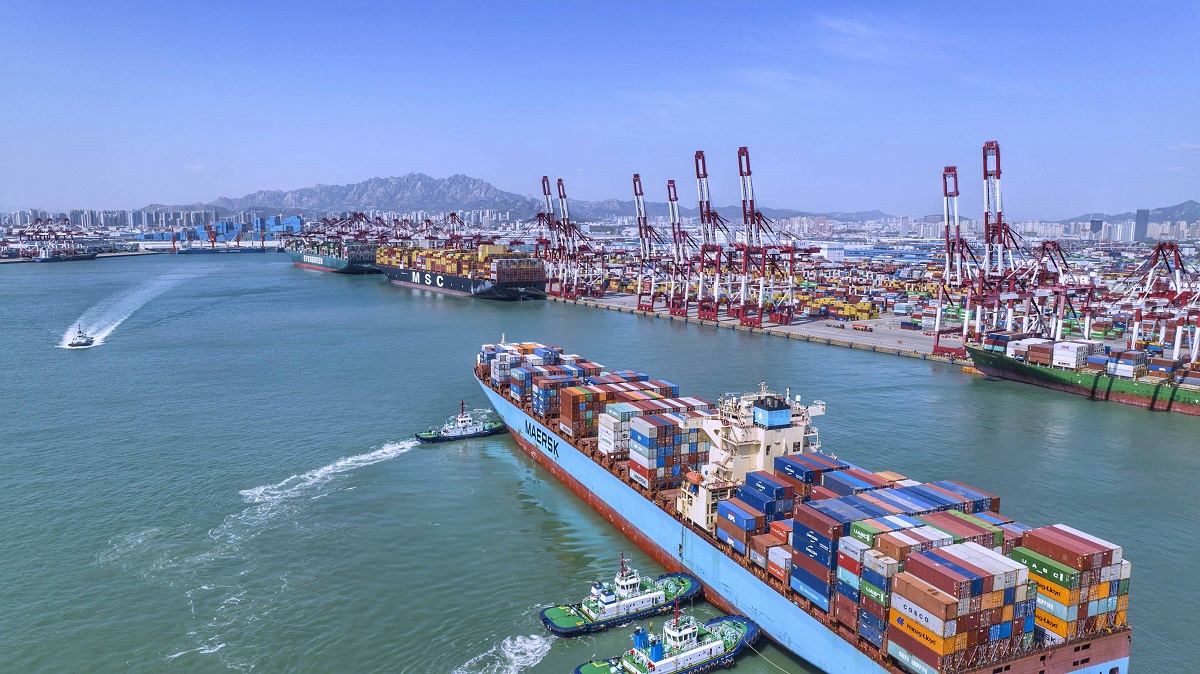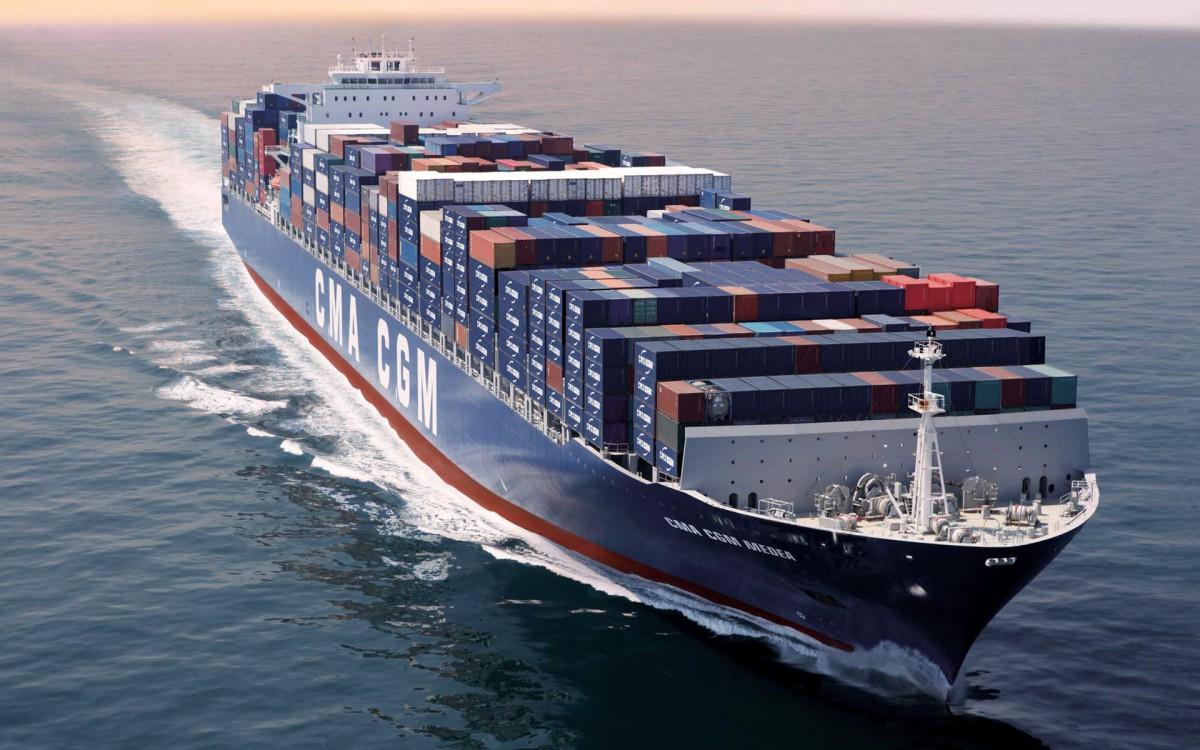Understanding FOB Pricing: A Comprehensive Guide for Importers and Exporters
“Enhance Your FOB Pricing Knowledge: Tips for Managing Goods Release Without a Bill of Lading"
For more related logistics terms, please refer to: The 11 Common International Trade Logistics Terms
How much do you know about the FOB price? What should I do if I’m worried about releasing the goods without a bill of lading?
FOB, or 'Free On Board,' is a widely utilized trade term in international commerce. It denotes a sales price where the responsibility for transportation and insurance costs from the departure port to the final destination falls on the buyer, and these expenses are not factored into the seller's quoted price. It's crucial to be vigilant when providing quotes to customers, as the fees charged by their chosen freight forwarder may exceed those of our in-house forwarding service, potentially diminishing our profit margins. When presenting an FOB price to a customer, the components of our quote include domestic shipping costs, local port fees, and the cost of the goods.
It is imperative not to confuse FOB with EXW when calculating costs, as misrepresenting FOB as EXW could result in overlooking certain expenses, which may include our profit. Once trade terms are agreed upon with the customer, we will request detailed freight forwarding information. This allows us to verify the local port charges for the specific shipment and provide the most precise quote to ensure we account for all costs and maintain our profit margin.
And FOB customers must specify the freight forwarder! What should I do if I am worried about releasing the goods without a bill of lading?
How did the delivery without a bill of lading come about?
Under the FOB (Free On Board) term, the buyer is responsible for selecting the carrier, typically a foreign freight forwarder and their Chinese agent, thereby controlling the logistics. The forwarder often complies with the buyer's directives or may even be directly managed by them. It's in such scenarios that the release of goods without a bill of lading might occur. In these trades, there are usually two types of bills of lading issued: the shipowner's bill and the freight forwarder's bill. The forwarder books the cargo space with the shipping line in their own name (or their agent's) and receives the shipowner's bill. The domestic exporter receives the forwarder's bill of lading (or sometimes might not receive any at all), with the consignor and consignee typically being the seller and buyer, respectively. Once the forwarder secures the shipowner's bill from the shipping line, they can forward it directly to their foreign agent. The foreign forwarder can then collect the goods from the shipping company using the shipowner's bill. The question of whether the foreign forwarder will reclaim the forwarder's bill of lading when the goods are delivered to the actual consignee is a separate issue. If the foreign forwarder does not require the return of the original bill of lading upon delivery to the consignee, the bill of lading held by the consignor essentially becomes worthless.
Which delivery method is safer?
Indeed, in export transactions, sellers must meticulously choose the appropriate trade terms based on the specifics of the deal to mitigate the risk of non-payment and enhance economic returns. Here are several considerations to keep in mind when selecting trade terms:
- Risk Transfer: Understand at which point the risk of loss or damage to the goods transfers from the seller to the buyer under each trade term. This is crucial for determining liability and insurance requirements.
- Cost Responsibility: Clearly define who is responsible for the costs associated with shipping, including freight, insurance, and any other logistics expenses, under each trade term.
- Payment Terms: Align the trade terms with the payment terms to ensure that payment is received before or at a point when the seller's risk and responsibility are minimized.
- Customs Clearance: Consider who will handle customs clearance and documentation, as this can vary depending on the trade term chosen.
- Market Practices: Be aware of the common practices in the destination country or region, as certain trade terms may be more standard or acceptable than others.
- Incoterms® Rules: Familiarize yourself with the latest Incoterms® rules, which provide a set of international contract terms used in export and import transactions.
- Buyer-Seller Relationship: Evaluate the relationship with the buyer and their reliability. More favorable trade terms might be negotiated with trusted long-term partners.
- Transportation Mode: The mode of transportation (sea, air, rail, road) can influence the choice of trade term, as each mode has different implications for risk and cost.
- Documentation: Ensure that the chosen trade term aligns with the documentation requirements, such as the bill of lading, which is critical for the transfer of goods and payment processes.
- Legal Implications: Understand the legal implications of each trade term in both the seller's and buyer's jurisdictions to avoid potential disputes.
By carefully considering these issues, sellers can select the most advantageous trade terms for their export business, protecting their interests while maintaining a competitive edge in the international market.
You may also be interested in: Understand the door-to-door transportation services of freight forwarding companies
Matters needing attention when closing on FOB terms as a last resort
1. The time for the buyer to send the ship to the port to load the goods should be clearly stipulated in the contract, so as to prevent the seller from getting the goods ready, the ship is late, and the loading time is delayed.
2. Increase the deposit ratio and reduce the probability of customer backlash. When the shipping method can’t beat the customer, you must keep the bottom line in the payment method. It is better to make less money or not do business, and not risk losing money.
3. In the trade contract, the buyer and the seller agree on the freight forwarding company, which is not necessarily limited to a certain one. If the carrier and the bill of lading are not filed with the Ministry of Communications of China, then you have to be careful. (The recorded bill of lading and the carrier need to pay a deposit, which makes the bill of lading relatively safe.) If the buyer has to be paranoid about his own opinion, the seller must consider the risk. Accept well-known shipping companies and insist on using shipping company bills of lading, try to avoid using designated overseas freight forwarders and bills of lading issued by them. At the same time, the consignor should request the Chinese freight forwarder to issue a letter of guarantee when the overseas freight forwarder goes through the procedures at the port of shipment, and promises that the goods arranged by the designated overseas freight forwarder must release the goods with the original bill of lading circulated by the bank under the letter of credit after reaching the destination port, otherwise they will be liable for Only in this way, once the goods are released without a bill of lading, can there be a basis for making a claim.
4. In the case of FOB export, it must be clearly stated in the contract that the consignor entrusts the freight forwarder or non-vessel carrier to book space with the shipping company, and the right to book space cannot be handed over to the buyer, because the obligation of booking space and delivery is unified. The shipper (shipper) column in the bill of lading must fill in the name of the shipper (seller). The consignor holds the entrusted booking right, and also holds the control right of the goods. If the buyer’s credit is good and there is a requirement to resell the goods in transit, the buyer can also be the shipper. If you do not know the buyer’s credit, for the sake of safety, it is better to use the seller as the shipper.
5. It is also advisable to use the bill of lading as instructed by the consignee as the issuing act, so that the bank can tightly control the rights of the goods and prevent the risk of releasing the goods without a bill of lading.
6. Secure Your Investments in China with Credit Insurance: A Smart Risk Mitigation Strategy. Prior to investing, investigate regions and countries excluded from coverage, review blacklisted clients, and study instances where CITIC Insurance has denied claims to prevent exacerbating issues.
If you would like more professional FOB related assistance, you can contact Presou Logistics, an international freight company from China that combines its subsidiary Shenzhen Dayuanjun Customs Broker Service Co., Ltd. to provide one-stop logistics services from pick-up to customs clearance and home delivery. After ten years of development, we have established branch offices in major port cities such as Guangzhou, Ningbo, Shanghai, Qingdao, Tianjin, and Xiamen in China. At the same time, we have also found high-quality logistics partners in many port cities around the world, established deep cooperative relationships, and jointly created global transportation services.
From Booking Space, Trailer, Customs Declaration, Commodity Inspection, Fumigation, Destination Port Customs Clearance And Delivery To The Door, To Truly Achieve One-Stop Service.
You may be interested in the following related articles:
 English
English 简体中文
简体中文 繁體中文
繁體中文 Afrikaans
Afrikaans አማርኛ
አማርኛ Español
Español العربية
العربية Français
Français Dansk
Dansk Български
Български Беларуская мова
Беларуская мова বাংলা
বাংলা Português
Português Русский
Русский Afsoomaali
Afsoomaali فارسی
فارسی Türkçe
Türkçe كوردی
كوردی Deutsch
Deutsch 日本語
日本語 ไทย
ไทย Tiếng Việt
Tiếng Việt Italiano
Italiano עִבְרִית
עִבְרִית 한국어
한국어 Română
Română Nederlands
Nederlands Bahasa Indonesia
Bahasa Indonesia Shona
Shona





